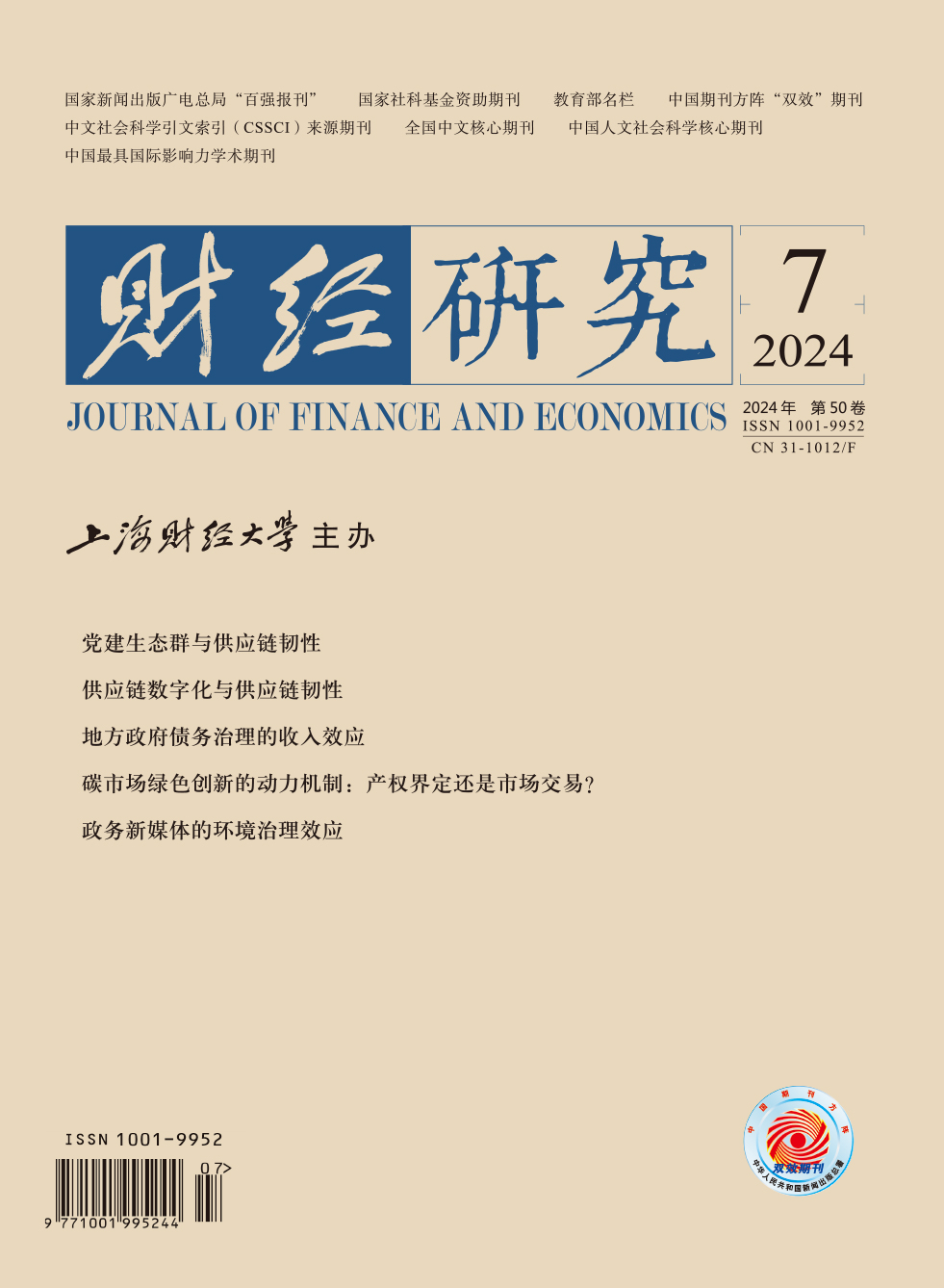In the context of the increasingly urgent constraints on carbon peaking and carbon neutrality goals, and the insufficient establishment of a top-down long-term mechanism for carbon emission reduction, new media for government affairs, as a major initiative to promote the modernization of China’s system and capacity for governance, should play a key role in realizing the goals. This paper examines the environmental governance effect of new media for government affairs represented by the environmental protection official Weibo account’s joining by the Ecology and Environment Bureaus (GAWeibo).
The study finds that GAWeibo leads to a decrease in the urban carbon intensity of approximately 4%. Mechanism testing indicates that GAWeibo, on the one hand, induces citizens to choose a low-carbon lifestyle through the publicity effect. On the other hand, GAWeibo’s deterrent effect enhances premium green innovation performance and external environmental performance. The abnormal shutdown or comment banning of GAWeibo hampers the environmental governance effect. Meanwhile, the government’s “hard regulation” efforts and urban environmental information transparency are important power for GAWeibo to achieve carbon emission reduction.
This paper has the following contributions: (1) It explores the impact of GAWeibo on urban carbon emissions from a two-way environmental governance perspective, which breaks away from the previous single perspective based on formal institutions and macro frameworks. (2) For the first time, it conducts a quasi-natural experiment based on GAWeibo and utilizes the staggered DID method and instrumental variables to effectively deal with the endogeneity caused by reverse causation and omitted variables. (3) Taking green life and green production as entry points, it deconstructs the intrinsic logic of GAWeibo achieving carbon emission reduction, and provides Chinese experience for the environmental governance of new media for government affairs under the digital governance perspective.





 4770
4770  4385
4385

